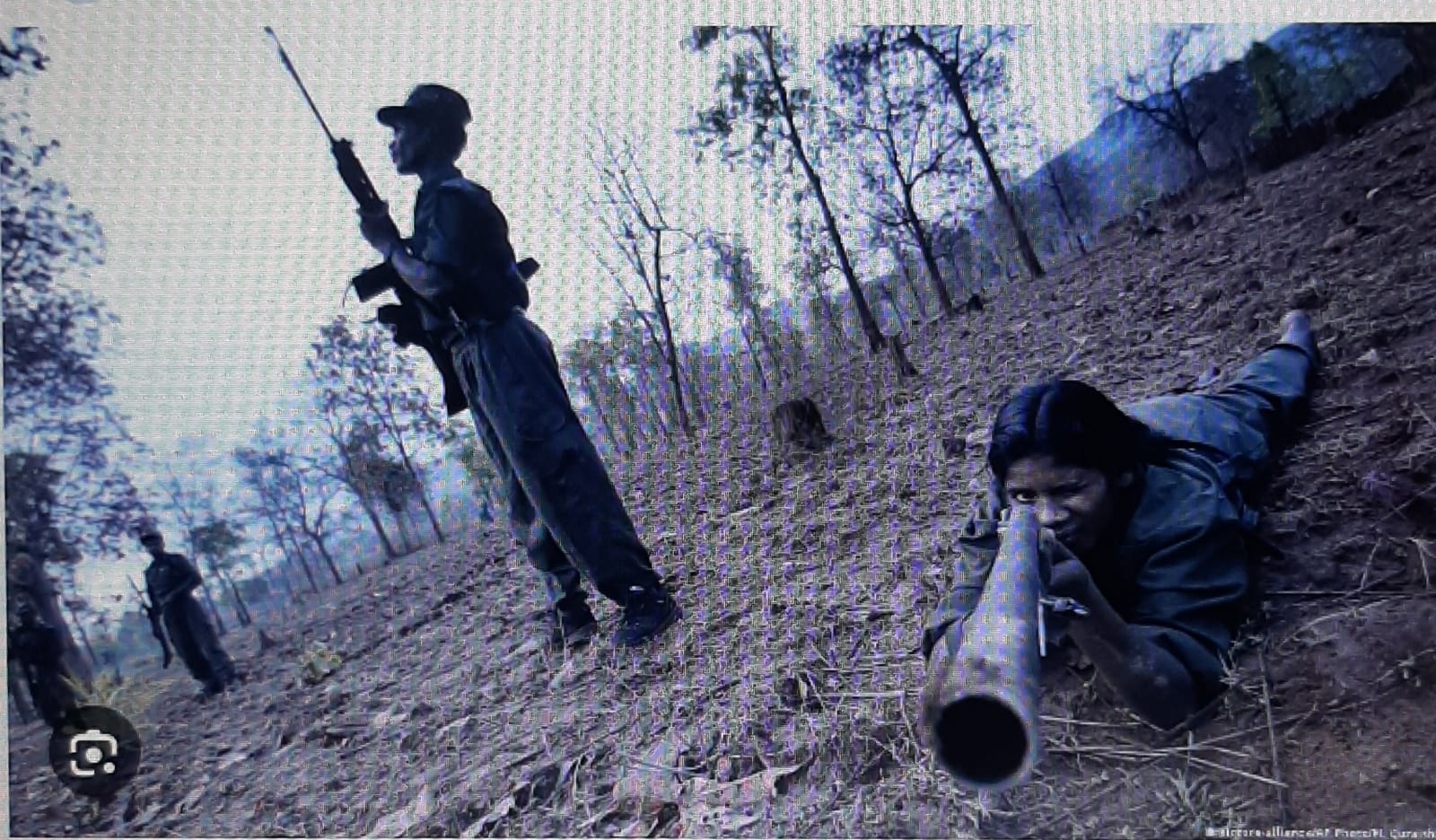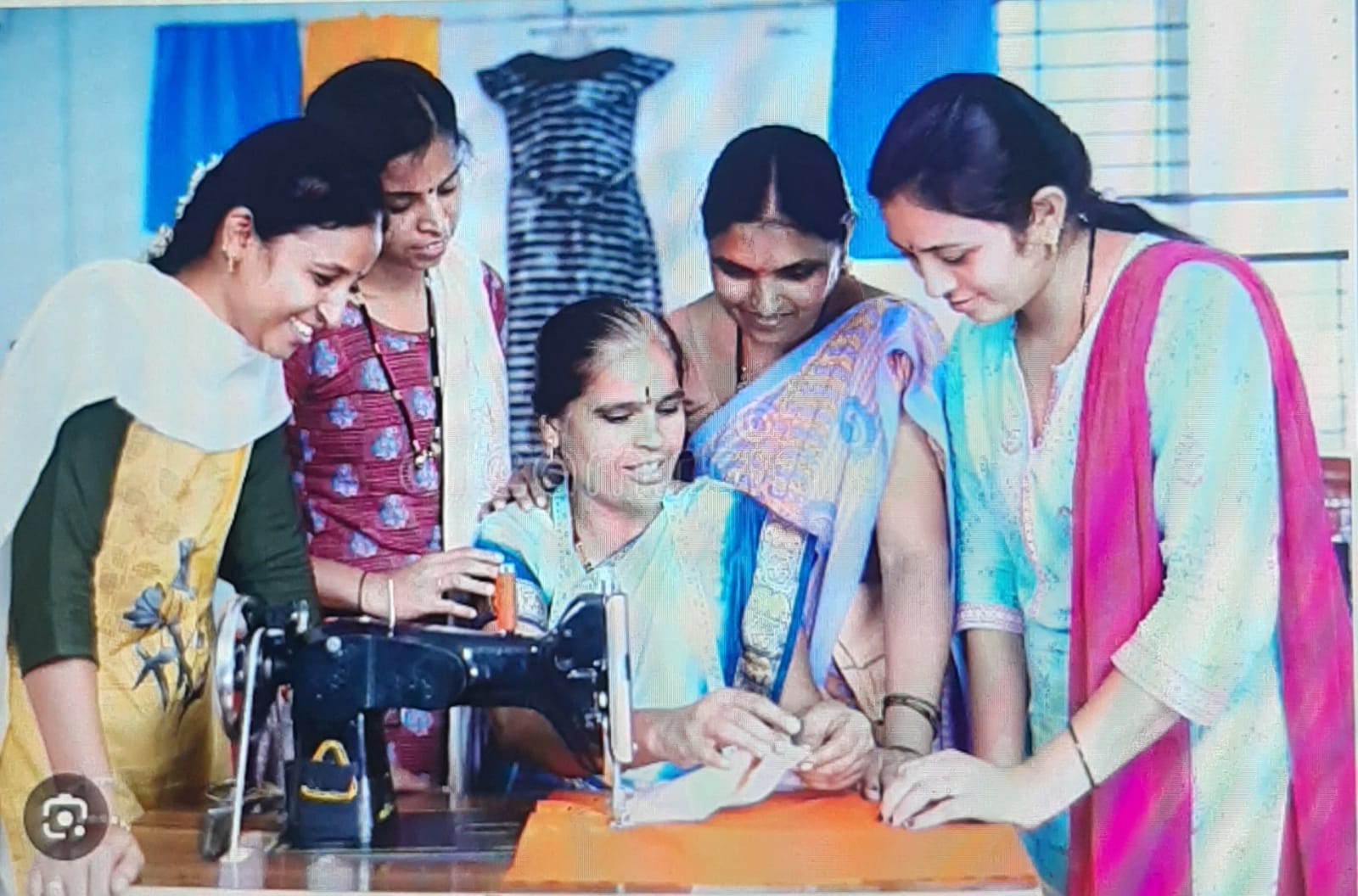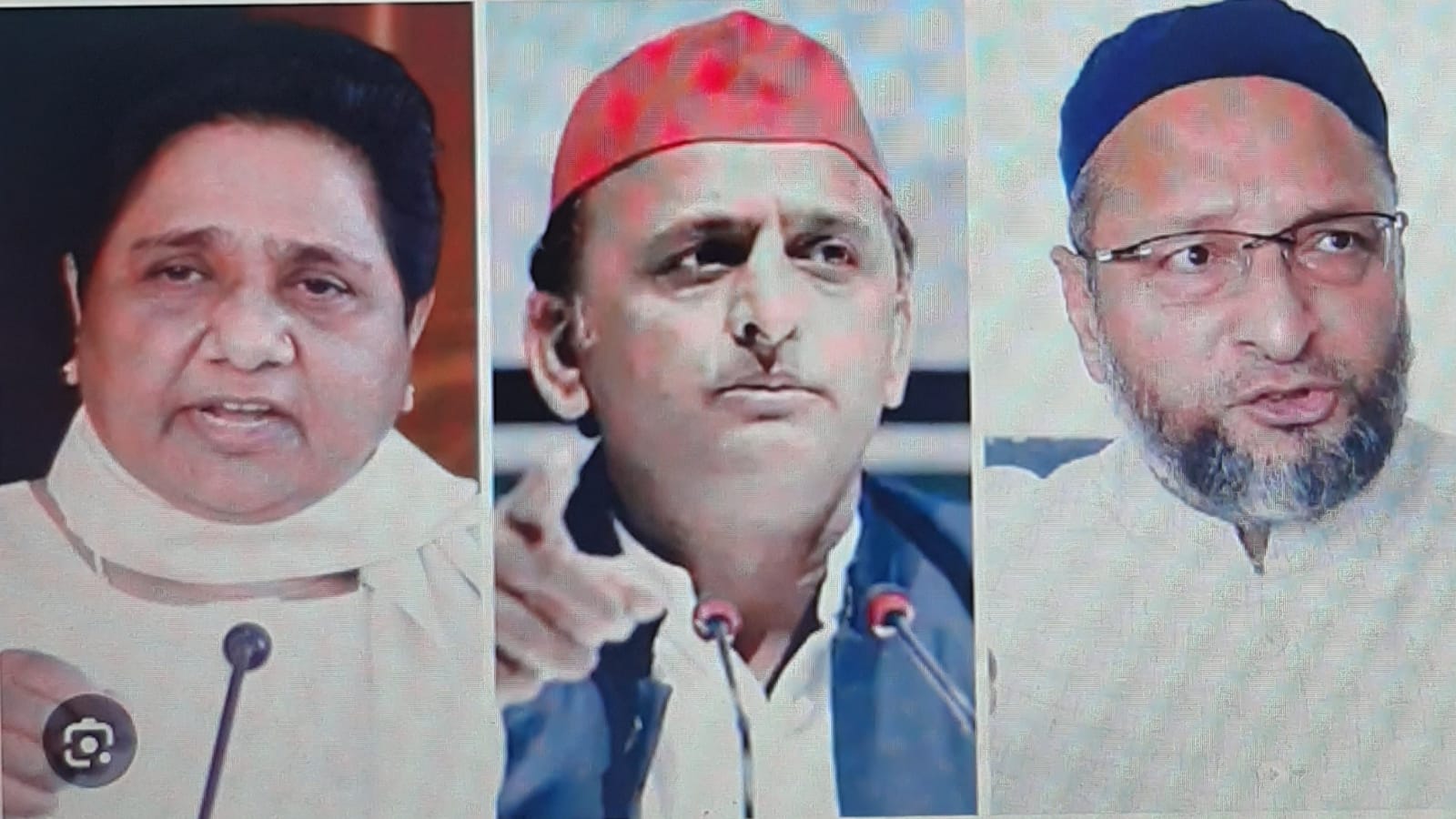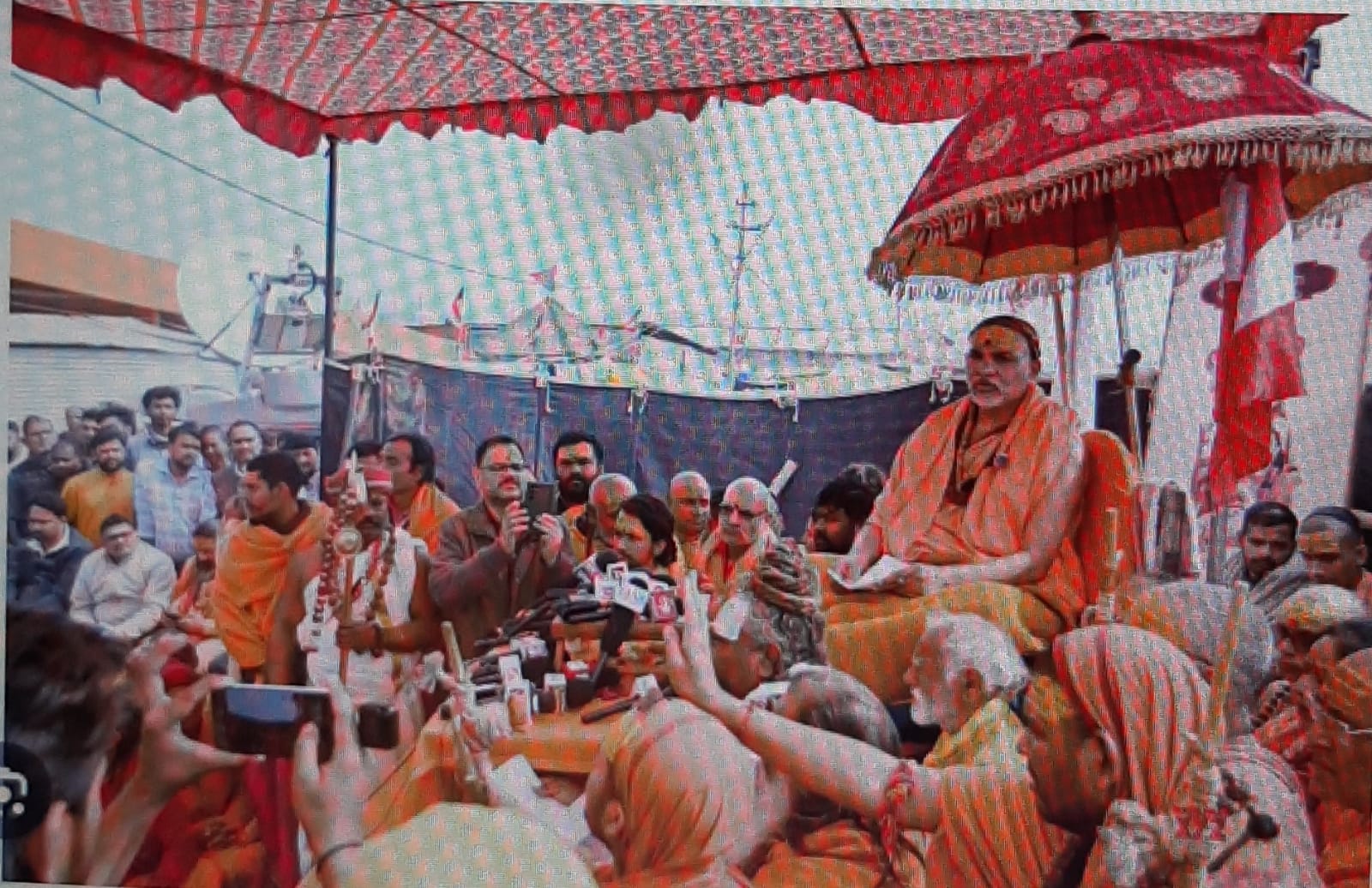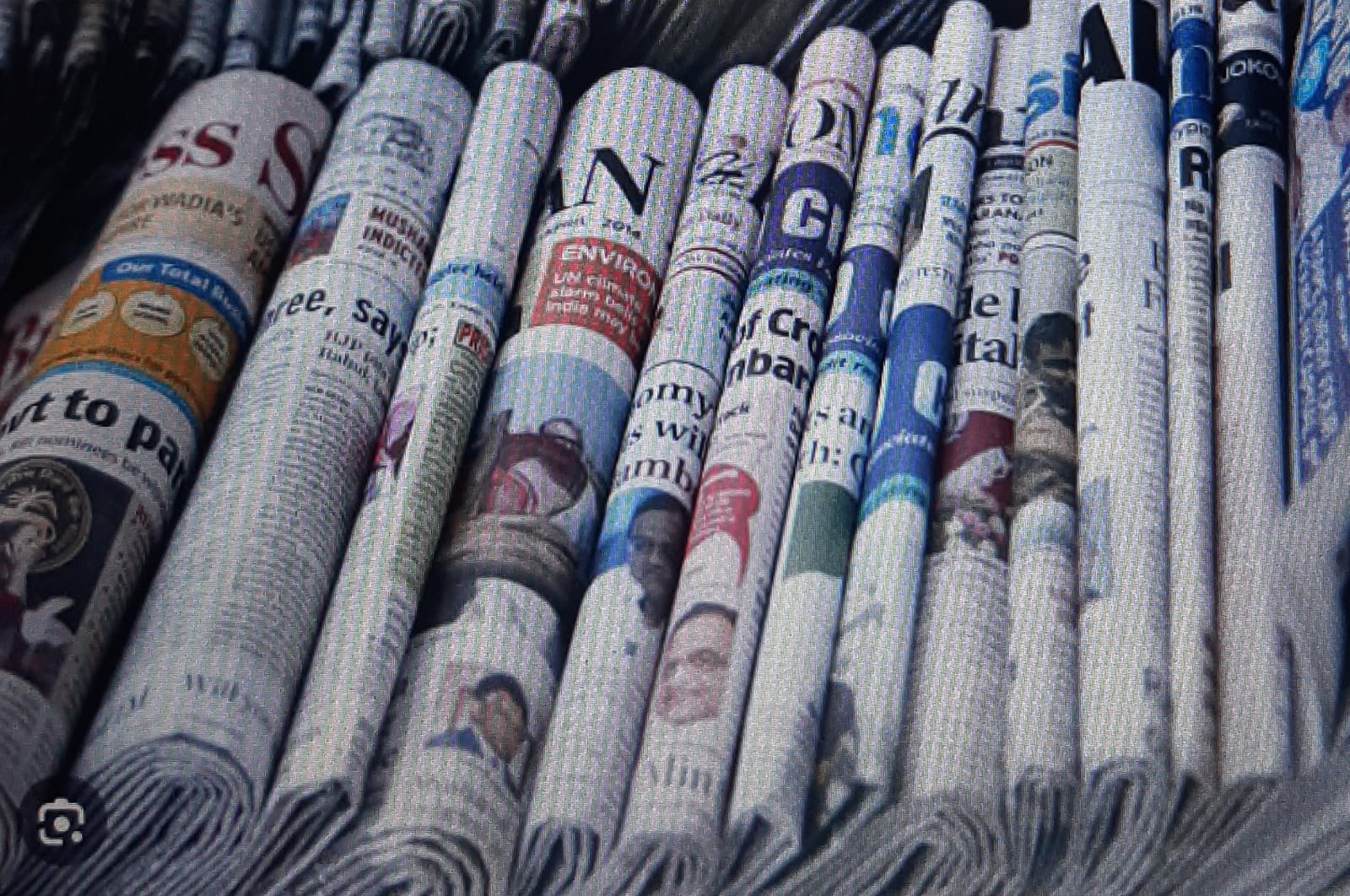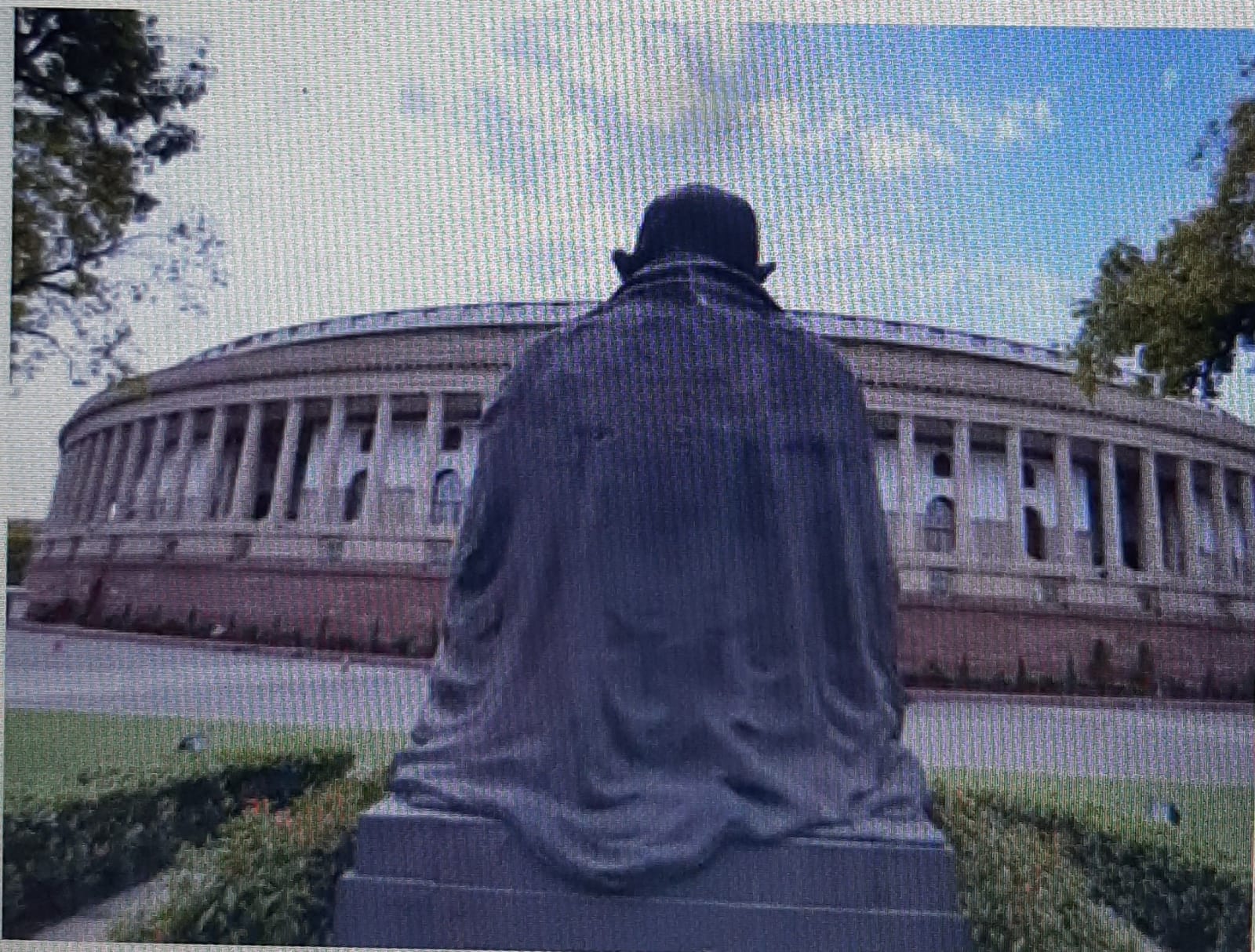
The owning up to responsibility and accountability as individuals means that we reject the ‘mai-baap’ concept of sarkar, of government. Politics cannot be divorced from governance in a working democracy, so we would have to accept responsibility for the kind of government we elect. There are no gods who will produce governance; it is our own actions which have to ensure the continuity of the rule of law and the accountability of our government to govern in accordance with the rule of law. writes former IAS officer Juthika Patankar.
Why do so many people need the succour of Gurus and godmen or even perhaps psychiatrists or shrinks? Equally why do so many people always look to forces outside of themselves as being responsible for their lack of success or well-being? Why do many citizens hanker after the idea of a strong individual leader rather than an intrinsic belief in their own and the collective wisdom of the society and nation?
I think nearly everybody, whether a devout religionist or an unequivocal atheist accepts that there are certain forces or factors in the universe which are apparently beyond logical, rational or human explanation. But, apart from these phenomena, I believe that solutions to our human dilemmas, answers to our personal problems can be best sought and found within ourselves. If each of us introspects and reflects within the quietude of our own selves, we are capable of resolving most of our issues, no matter how tricky or heart-rending they might seem. Nobody outside of ourselves, not even a revered Guru or a leader, can find all the answers for us.
On my eleventh birthday, a friend sent a greeting-card which had a picture of a small ship with big sails against a sunset sky. The water looked rust-coloured because of the effect of the rays of the setting sun. It bore the message: ‘How often have we desired something, only to find it already exists in our hearts’. It was not the kind of message likely to appeal to a child who looks forward to tangible proofs of possession, love or affection. I decided then that the message and the picture were not worthy of notice and that the colours of the picture appropriately reflected the disappointment conveyed by the words. However as often happens, the greeting-card remained in my memory and its words became significantly meaningful several years later when I was learning to cope with bitterness, and sorrow over a perceived sense of injustice, humiliation and loss.
To connect the preceding paragraph with the ones before it and to illuminate the train of thought, I think the reason persons other than ourselves are able to gain control of our minds is that we do not really try to understand our own motives or desires behind our actions. If we did so, honestly, we would realise that aside from the factor called Luck, there is no other human agency which singly and deliberately is responsible for what happens to us. There are always several factors acting simultaneously and often independently which produce results, good or bad for any person. If we learn to accept that we alone, to the extent that any human being can be, are the arbiters of our own destiny we would not be easily willing to surrender our minds to be ruled by any other person.
Dictators play upon the propensity of most people to blame externalities and to seek scapegoats. The corresponding emotion within such people then is that of self-pity and victimhood. Nurturing grievances and cosseting self-pity make people blame others and consequently harbour animosity at best or go in for vengeful action against those others, at worst. We see it around us everywhere. Disgruntled youth from society’s ‘upper castes’ laying the blame at the door of the state’s policy of reservations for Scheduled Castes/Scheduled Tribes; Muslims being targeted in the last decade for the evils of overpopulation, rioting, abuse of law etc; migrants being blamed for lack of jobs for locals; in fact, so many such illogical and hostile emotions which disrupt social harmony, individual peace and which impede economic development. We would have tremendous peace of mind, renewed confidence and hope and a much more charitable view of our fellow human beings if we stopped seeing ourselves as hapless victims of the evil designs of others and learnt to own responsibility for our individual actions. Perhaps we need to start by instilling this sense in our children.
Fears prey on people’s minds to such an extent all the time that we seek out Gurus, astrologers or godmen. Besides a strong sense of being ill-used which produces self-pity and victimhood, we also harbour a dread of change. Human beings, on the whole, seek stability and permanence. We do not want our worlds overset by change in circumstances, change of place, change of known persons and institutions, change in social mores, fashions, or even technology. We would like the benefits of economic prosperity, the novelty and excitement of new technology, but we would like to believe that our world is essentially the same, familiar one. This attitude, this mental mindset poses the greatest challenge for implementers of policy, for manufacturers seeking to innovate, for inventors and researchers who wish to introduce new products or share new discoveries, new ideas. Resistance to change can also bring about intolerance of dissent.
Change is inevitable, change is the only permanent happening in the world. Change often brings happiness in its wake, all changes are not adverse. Change can bring opportunities and freshness of outlook. Change is necessary to achieve a more just and equitable social order. We all live this, we might understand it instinctively but we continue to resist change. Resisting change can turn harmful to our mental make-up if we always hanker after the past, keep nursing a sense of loss and turn our faces away from the present and the future. This deep-seated suspicion of and hostility to change will prevent us from opening our minds to new ideas, seizing new chances, and generally broadening our horizons and minds. This kind of resistance to change could also foster feelings of self-pity, enmity against some undefined other and wreak havoc on our internal harmony and mental health.
My experience in childhood led me to some of these reflections, decades later. As a child, I grew up seeing many changes of place of residence, of schools, of friends, of people around me, as my father was in transferable job. I recall that each time we had to move I went through dismay, grief, resentment and heartache at quitting the familiar surroundings and the friends. I now wonder if I could have acquired my present wisdom about change faster if my parents and other influential adults around me had taught me gently that change is the order of life and is always to be welcomed. With accepting the fact of change we graduate to the acceptance of the fickleness of fate and that is surely an invaluable lesson for our own wellbeing.
In conclusion I would like to link these rambling yet connected musings to the most important issue in our country today, the issue of governance. As citizens we want the prevalence of the rule of law and preferably we would also like a caring, welfare state. Evolving laws, adhering to legal systems and making them work is our expression of the fact that we are responsible for the consequences of our actions. A country with strong laws, accountability, and working legal systems indicates that citizens are committed to logic and rationality in public dealings as also to accepting the rules framed by human logic, necessity and ethicality. In other words, we as citizens have the right to self-determination. Our Constitution and our laws passed by a democratically-elected legislature and safeguarded by an independent judiciary subject to the Constitution alone, signify that no person can arbitrarily usurp power and set himself or herself up as God to rule over us, in either a private or a public capacity. As citizens we retain our right to think and choose and on rational principles. We are not afraid of change. We believe that governance is to be based on rationality, accountability and democracy and that is an ever-evolving process in which there cannot be any room for stagnation or illogical invocation of the past. For our salvation, sustenance and support we hail our own individual powers of reasoning and that of the collective wisdom of the community and society in the form of laws, social contacts and the system of justice.
The owning up to responsibility and accountability as individuals means that we reject the ‘mai-baap’ concept of sarkar, of government. Politics cannot be divorced from governance in a working democracy, so we would have to accept responsibility for the kind of government we elect. There are no gods who will produce governance; it is our own actions which have to ensure the continuity of the rule of law and the accountability of our government to govern in accordance with the rule of law. To adapt the old feminist slogan, here too, ‘the personal is the political’.
(Ms. Juthika Patankar is a visiting faculty in Gokhale Institute of Politics and Economics and a member of Pune International Centre. She is also a former bureaucrat. Views expressed are personal.)



